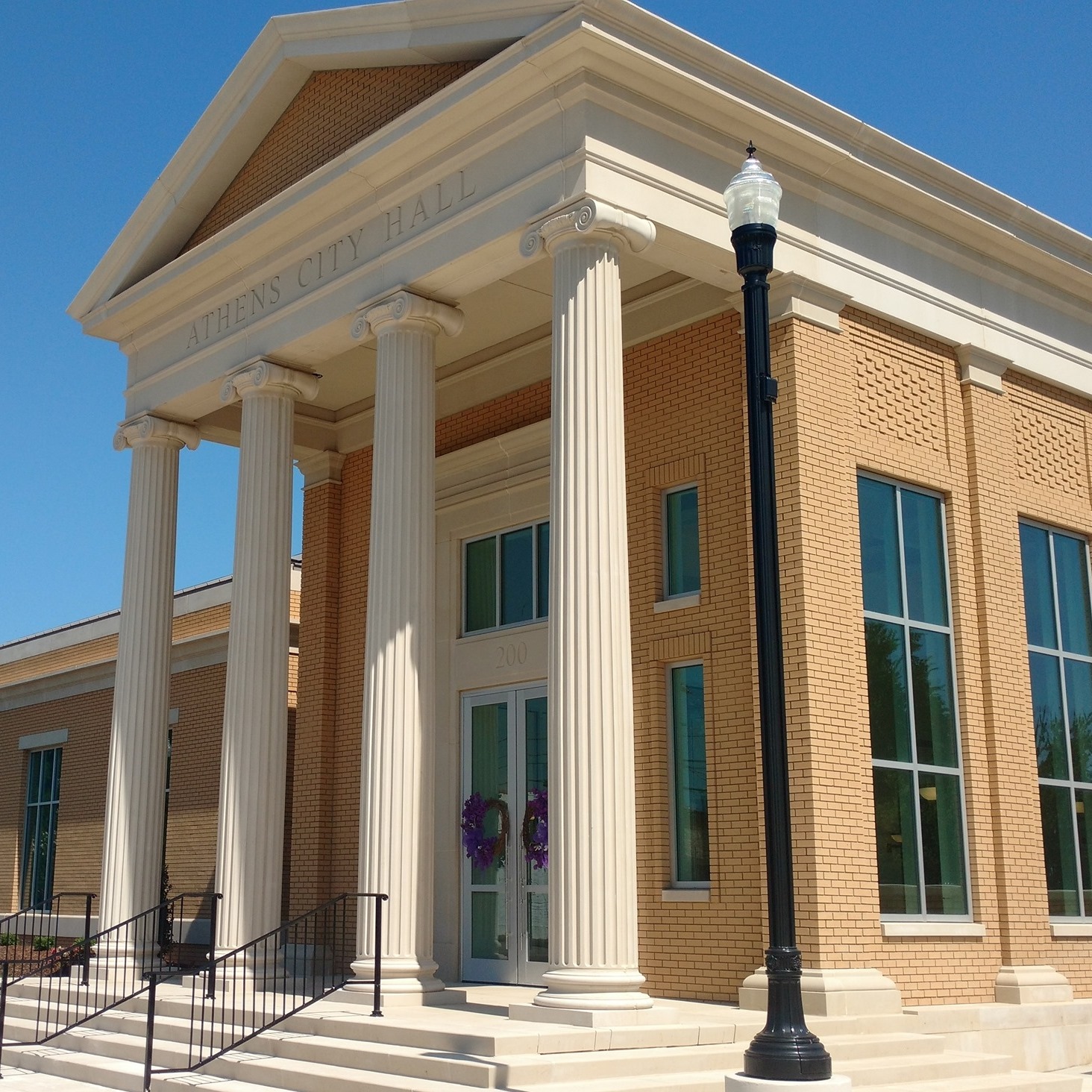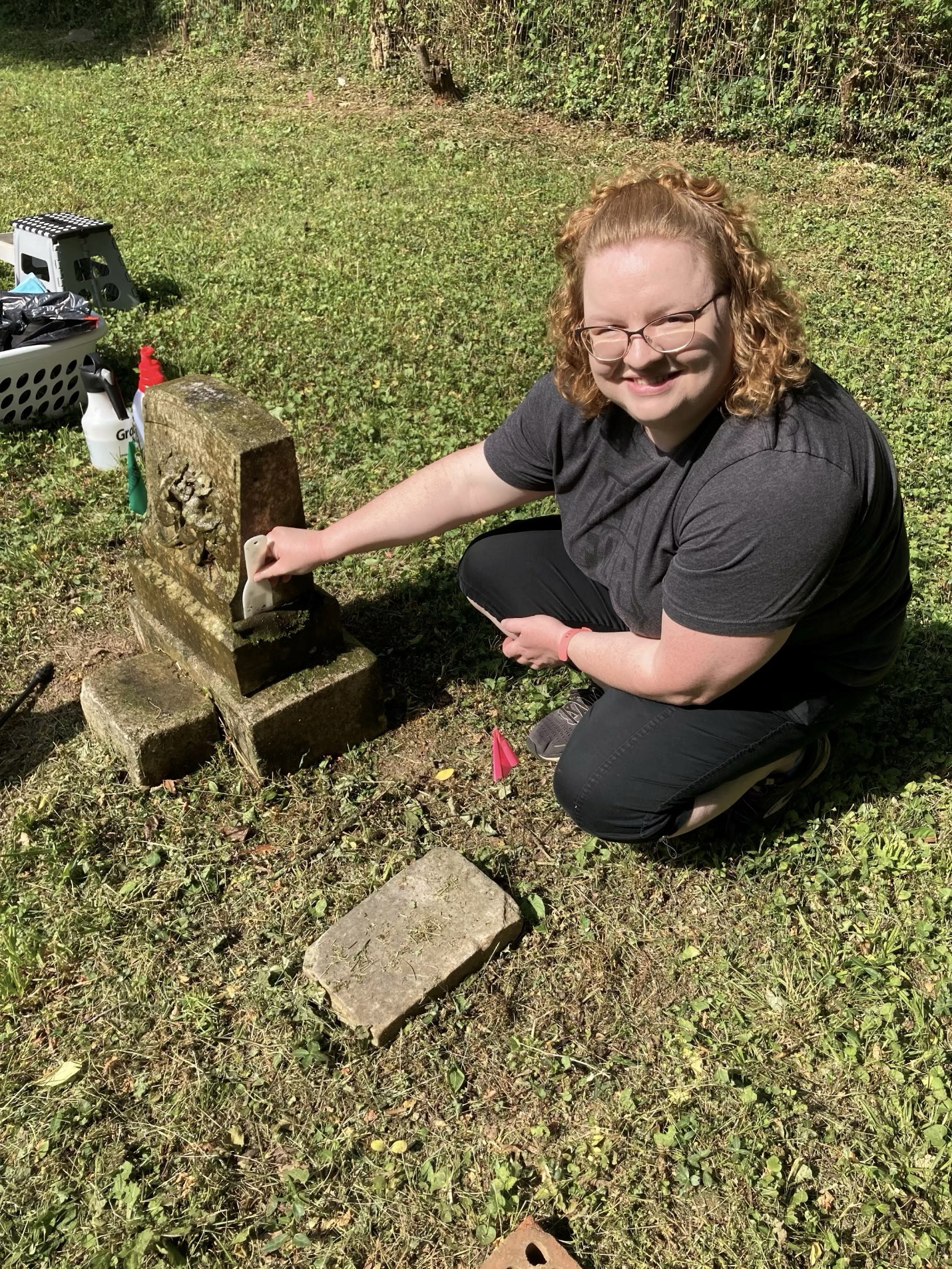BLAKELY TRIAL: LCSO investigators, clerk take stand
Published 8:32 pm Wednesday, July 21, 2021

- Limestone County Courthouse
Current employees at the Limestone County Sheriff’s Office took the stand Wednesday in the third day of witness testimony for Sheriff Mike Blakely’s trial.
Debbie Davis, who has been LCSO’s chief clerk since 2006, was first to testify.
Trending
Her testimony took up most of the day and focused on how funds are used in the sheriff’s office, how records are kept and a wire transfer of $1,000 from her personal savings that she sent to Blakely while he was at a casino in Mississippi.
Davis explained for jurors that the law enforcement fund is largely comprised of funds from pistol permits and can be used for law enforcement purposes, such as expenses related to employee training and inmate transport or extradition.
This includes lodging, fuel and food during work-related traveling.
Such was the case in 2014 and 2015, when LCSO employees were set to attend multi-day training conferences in Las Vegas.
Davis testified that she provided each employee with a per-diem check and gave Blakely additional funding for lodging, fuel and other expenses during the trip. Only leftover per-diem funds could be kept by an employee, she said, and receipts needed to be provided for lodging and fuel.
She said department supervisors or Blakely would handle registration for training or a conference, and she would ask for an agenda or certificate to prove the registrant had attended. However, she said, she wasn’t there herself, so she had no way of saying for sure whether employees attended a full conference or what else they did while there.
Trending
2014 Vegas trip
Evidence and testimony show Davis provided per-diem checks of $480 each to Blakely, Lt. Johnny Morrell and Investigator Jeff Kilpatrick ahead of an eight-day trip to attend a conference on digital forensics in December 2014. She also provided Blakely with $2,500 for “travel, lodging and registration.”
Davis testified Blakely determined the amount in extra funds he would receive before the trip. She further stated she knew he spent part of the money on lodging and that the “registration” referred to other classes that Blakely might register for during the trip, as the Limestone County Commission had already paid a $350 registration fee for each person attending.
Kilpatrick would later testify that after one day of the digital forensics class, he realized he didn’t have the laptop or previous training needed to keep up, and that one of the remaining two days was spent sightseeing with Blakely and others. Morrell testified Wednesday afternoon that Blakely’s wife and the most recent Limestone Sheriff’s Rodeo queen went with them to Las Vegas in 2014.
Nick Langenfeld, an employee at the Palace Station Casino where the conference took place, identified and reviewed reports for the court that detailed gambling sessions throughout the conference trip using a play card connected to Blakely’s casino account.
Langenfeld explained for jurors that the card logs each table game or slots machine played, as well as when and how much is won or lost each session.
When asked by defense attorneys, Langenfeld testified that it’s against casino policy but possible for someone else to have used Blakely’s card.
2015 Vegas trip
One year after the digital forensics conference, Blakely, Morrell and Investigator Emily Lewter traveled to the Palace Station Casino in Las Vegas for a second conference, this time on hostage negotiations. By then, the per-diem amount had been increased to $75 per day, and Blakely received an additional check for $2,000, evidence shows.
Again, Davis said, the $2,000 was to pay for lodging and Blakely determined the amount. She said she never questioned the sheriff about the amount or what specifically he intended to spend it on.
“That’s not my job,” Davis would later tell jurors. “… I don’t question the sheriff on what he’s doing and why he’s doing it.”
She would also later testify that Blakely brought back about $945 from the trip. Prosecutors questioned Davis about the leftover funds, as it was during the trip that Blakely is accused of using his official position as sheriff to obtain a $1,000 wire transfer from another woman who worked at the Limestone County Sheriff’s Office.
Evidence shows Blakely’s casino account and card were again used to gamble throughout the time he was registered to attend the conference.
ACCA trip
Davis testified some to Blakely’s trip to the Alabama coast for a week-long conference hosted by the Association of County Commissions of Alabama.
She said she remembered the trip and identified expense reports related to the trip, but she said she couldn’t remember who all was registered or attended the conference.
Attorneys noted the expense report for Blakely listed different travel dates than others for the same trip and that Davis gave Blakely a $1,500 check instead of the $300 per-diem checks received by the two LCSO employees who also attended the conference. Davis said she didn’t know why Blakely went early and said the $1,500 was for a condo.
After Blakely returned from the trip and Davis was given a receipt for all but $81 in lodging costs, she gave Blakely a check equivalent to the $300 per diem minus the $81.
It was also during this trip that Davis wired Blakely $1,000 from her family’s personal savings.
She told jurors the money was kept in a safe at her home in case of emergency, but when Blakely called from a casino in Mississippi — two hours from the conference he had registered and received funding to attend — she called her husband to retrieve $1,000 so she could wire it to Blakely.
Davis insisted that the decision was made on her own, not because of fear or intimidation, because Blakely had been a friend long before he had been a sheriff.
However, state law prohibits public officials — including those elected to the position of sheriff — from soliciting things of value from subordinates, such as those who work at the sheriff’s office.
Conflicting statements
Davis, like other witnesses, had trouble remembering how certain events took place. When questioned Wednesday morning, she initially told jurors she had no memory of Blakely borrowing from the law enforcement fund; after reviewing a transcript of her grand jury testimony two years ago, she said she didn’t view him taking money and having an “IOU” left in the money’s place as “borrowing” because “he always paid it back.”
As for the wire transfer while Blakely was in Mississippi, Davis initially told jurors that she couldn’t recall how the conversation went; she later testified he asked for the money.
Wednesday morning, she told jurors she didn’t know why Blakely needed it but “assumed he was playing at the casino”; Wednesday afternoon, she said he had told her it’s “not much fun when you’ve lost all your money,” so she offered to wire him money because she trusted him to pay her back after he returned from Mississippi.
She maintained she was “absolutely not” coerced, threatened or afraid to wire the funds.
Defense attorneys suggested the changes in her story might be because it had been years between the events and her grand jury testimony, which was about two years before her testimony Wednesday. Davis agreed.
When state attorneys asked if it was fair to say Davis didn’t want Blakely to be convicted, Davis said, “Well, sure, it is.”
Court to resume Thursday
Jurors were dismissed just before 4 p.m. Wednesday. Court was set to resume 9 a.m. Thursday.
The News Courier will have additional coverage of the trial throughout the week.





